This poem’s by Roger Garfitt, who I’ll grant isn’t a household name. Even more obscurely, it’s about another similar, Paul Francis, ‘on his retirement as Secretary of Border Poets’. A niche, I know, but we need nice niches in terrible times.
Tunnelling determinedly into obscurity, the poem’s about a conversation between two other poets - but now we’re motoring. This pair are favourites: the magnificently impenetrable Geoffrey Hill and the slightly-less-so David Harsent. Hill’s departed to hassle the hereafter, but Harsent’s still among us, with a lovely mane. Here is it in full.
You and I come from the same stock, David. What changed
your life? Geoffrey asked. For me it was the 11-plus.
Not so for David, who’d fallen downstairs the week
before the exam. And the 13+ only took him to Aylesbury
Tech, chose by his parents over the Royal Grammar School,
High Wycombe, because Aylesbury was where they did
their shopping. What changed David’s life was getting a job
in the local bookshop after he’d left school at sixteen.
And so they chatted, the policeman’s son and the bricklayer’s
son, at the Reception at the Palace for Fifty British Poets.
You and I were not among them, Paul, but I remember
the passion with which you spoke of the vision that led
your generation to teach in comprehensive schools,
the sense that change was there for the making – the chance
you took again with the Border Poets, to catch the undertones
in the landscape, the lives lived almost out of earshot.
Why am I inflicting this upon you? Let me count the ways.
I’m delighted by the semi-debunking of the rosy post-war Grammar School story. It didn’t work for everyone, and the injustice of a child’s future being decided on one day – stairs notwithstanding – still shocks. I love the move to the passion for comprehensive schools and the vision of a slightly younger generation, of people throwing themselves at a better world. I’m poleaxed by the last line.
These febrile times allow the loud, the powerful and the wacky to dominate national discourse. I write just after the Prime Minister, the Prime Minister, disparaged the nation to the rest of the world, saying we’ve been highjacked by extremists. Our eardrums can barely bear the dog whistle frequency. Last week the Chancellor offers tax cuts despite wrecked public services clearly visible to the rest of us. No money for education, bar drop-in-the-ocean funding for twenty special schools and a terrifying trailer for a public sector productivity plan. No living soul knows what that means, but it lands with the authentic klump of bad news.
The dream of the comprehensive school is for everyone: the quiet, the shouty, the struggling and the successful: the advantaged, the lost, the quick and the thoughtful. It gives everyone a chance, and puts change within reach of the whole community. That’s not just exam results but through knowing and being embedded in a community within a community, of living as well as learning.
So, thank you to the poets who illuminate our lives and the teachers who devote themselves, their love and their skills to the potential lived just out of earshot. They make sure that children are seen, known and loved. Despite everything, they know that change is there for the making, if not in this generation, then surely in the next.
CR 6.3.24

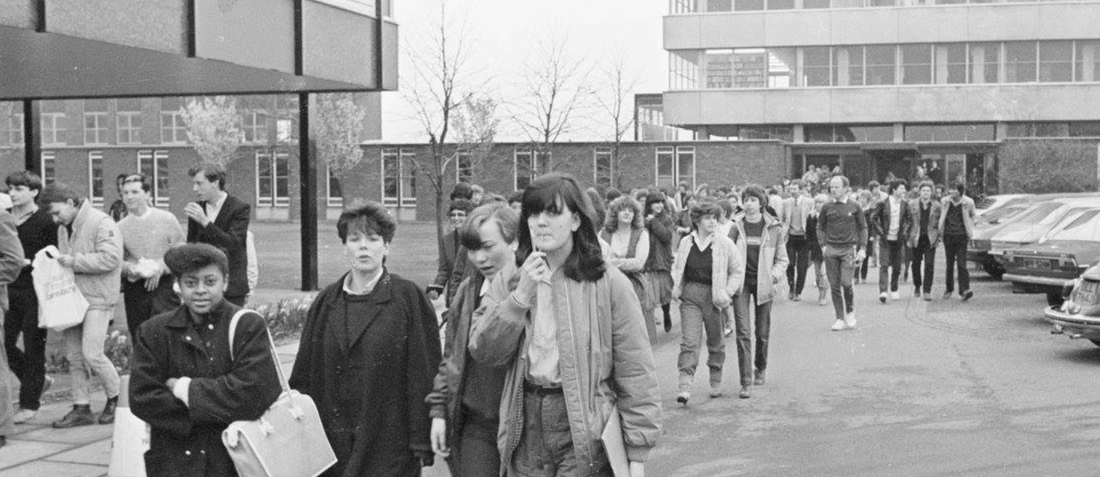
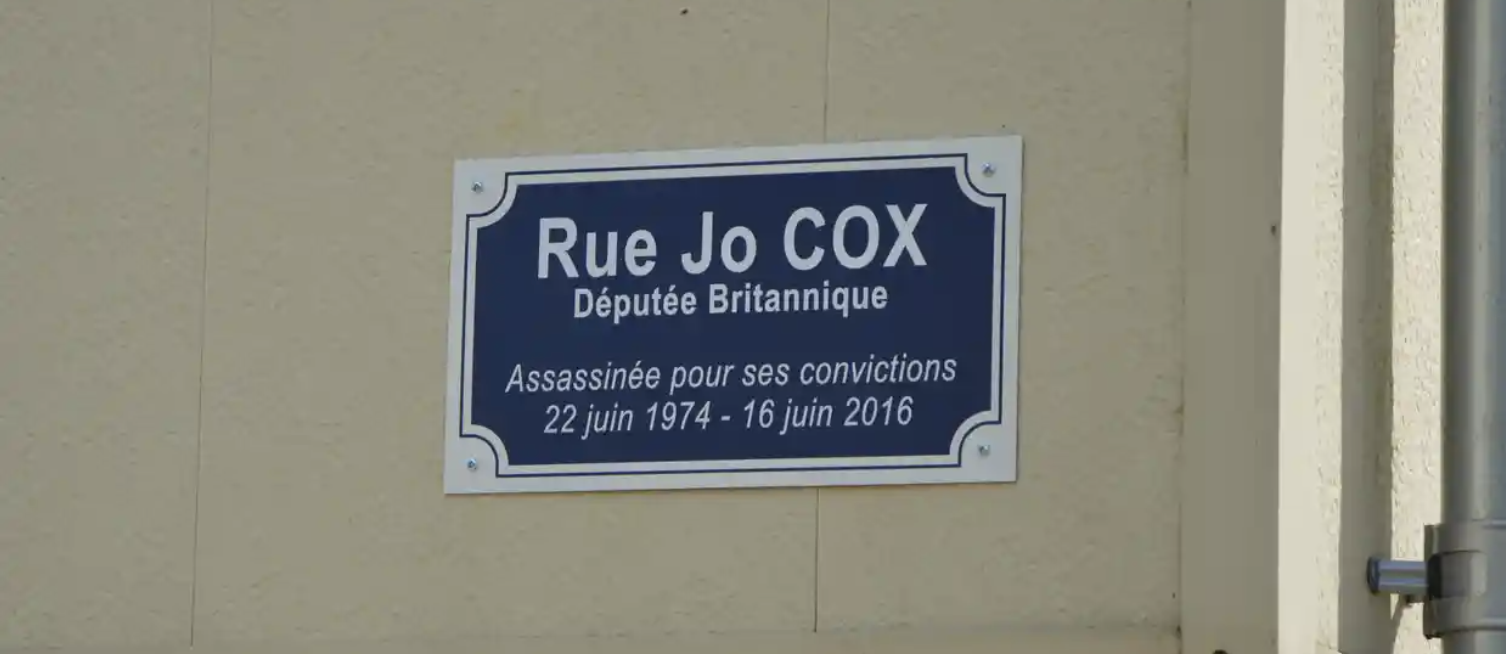

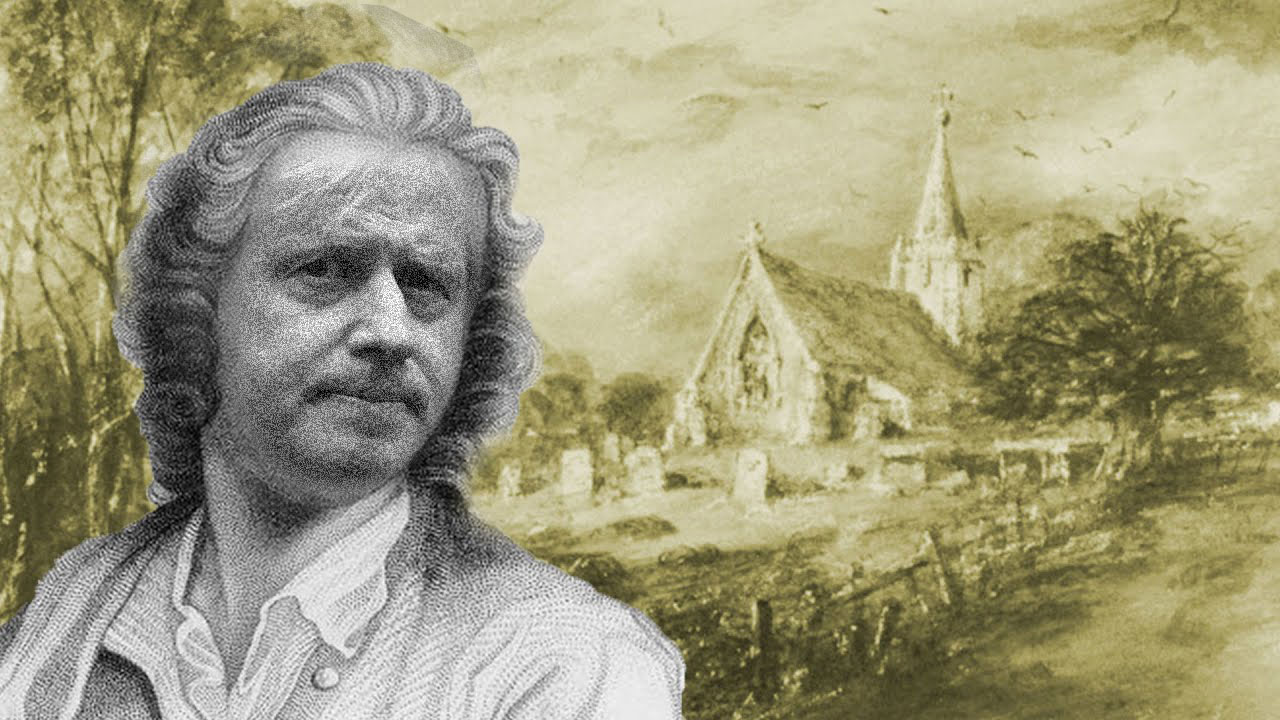

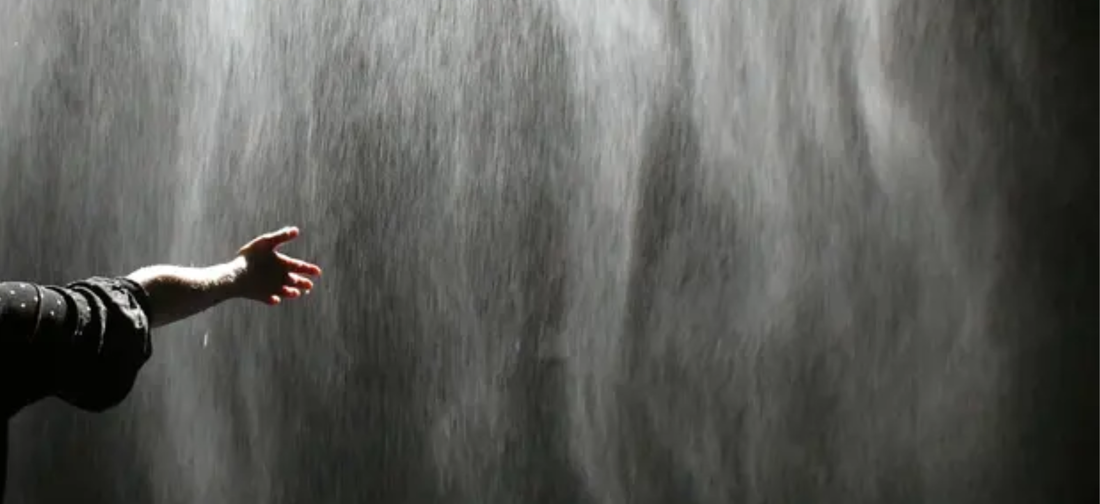
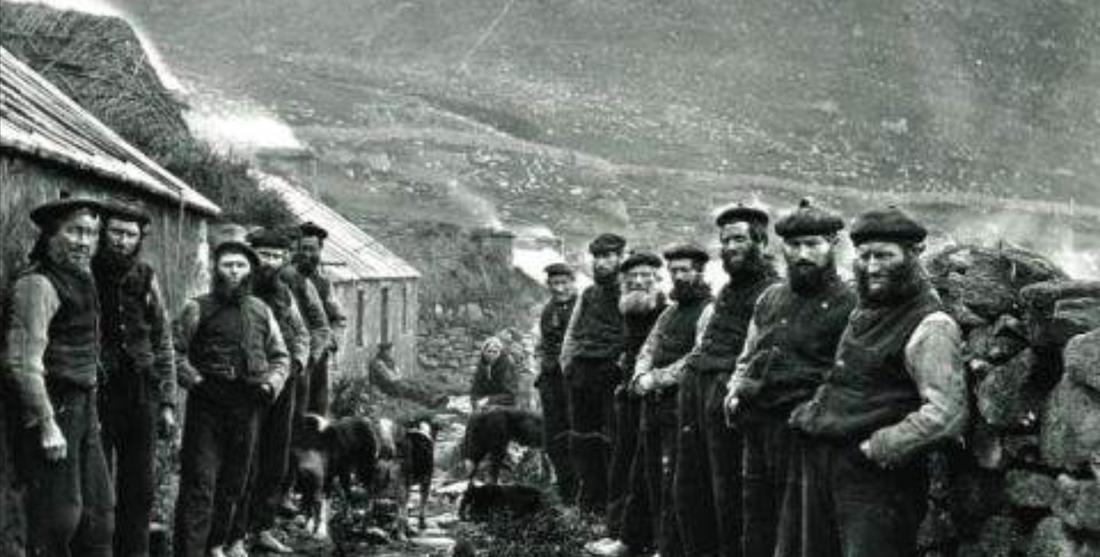
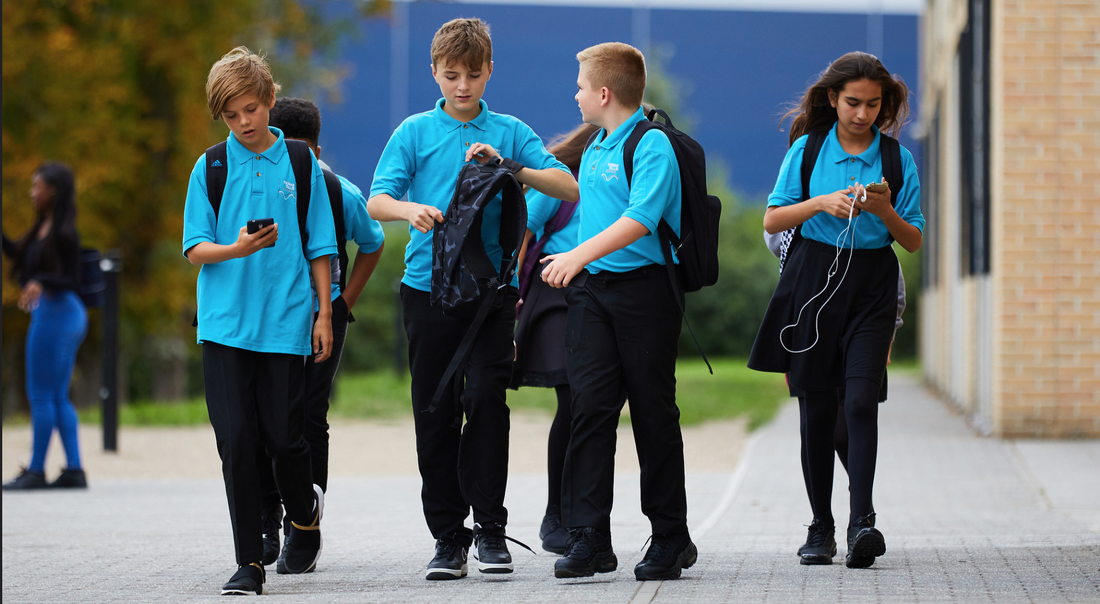
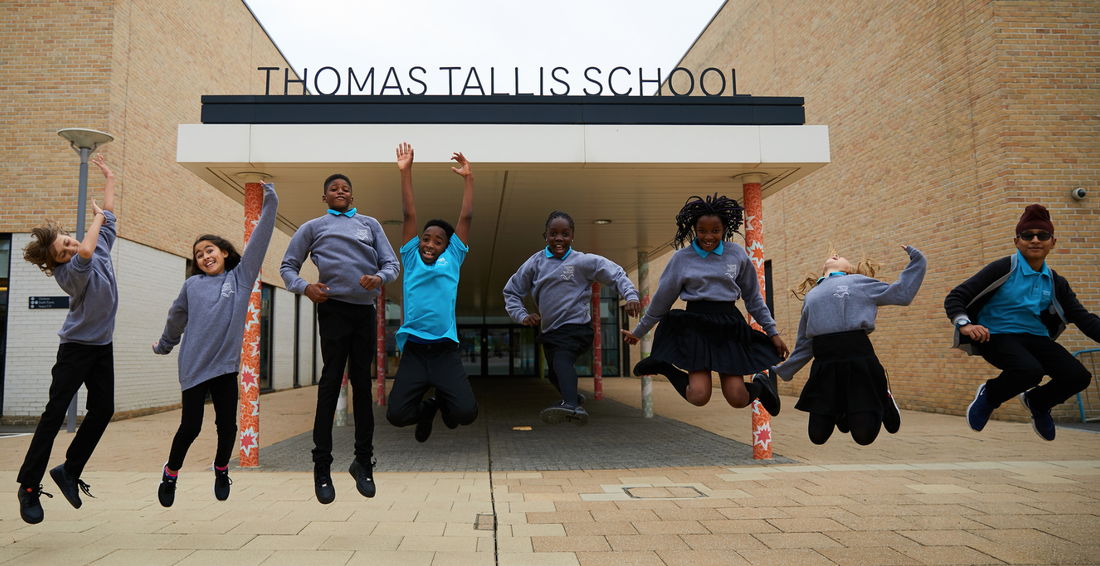
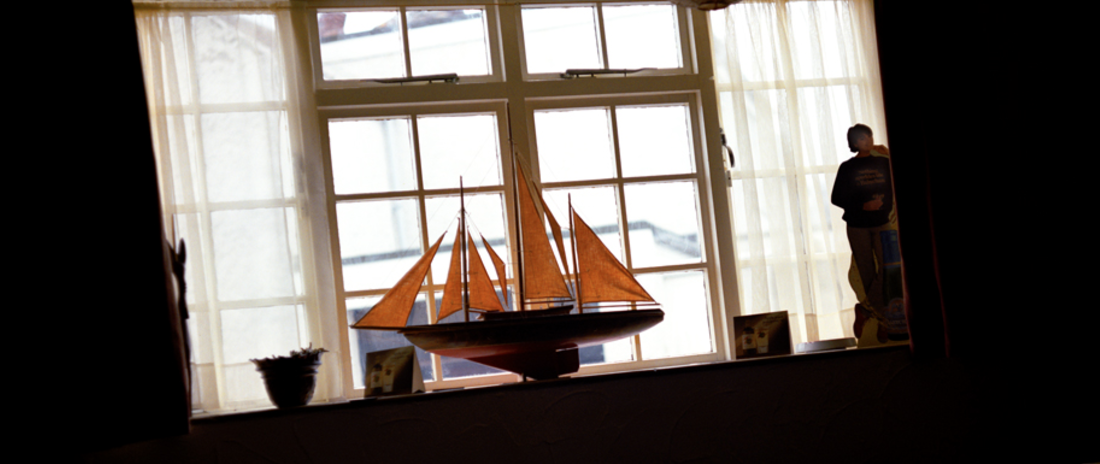
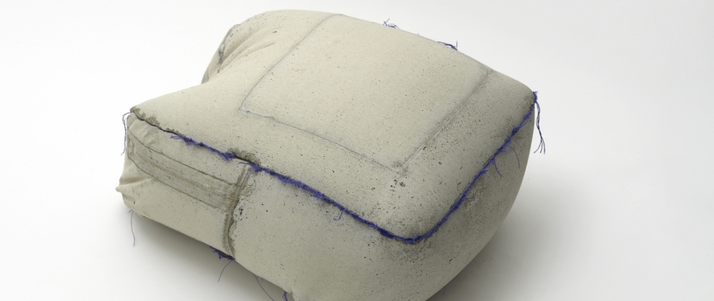
 RSS Feed
RSS Feed